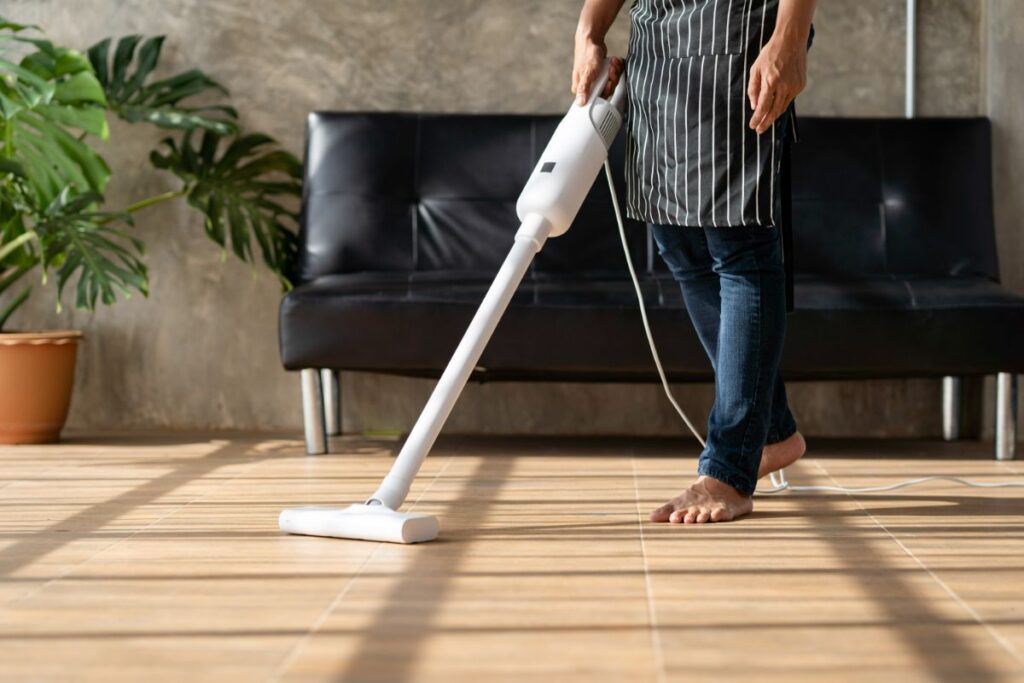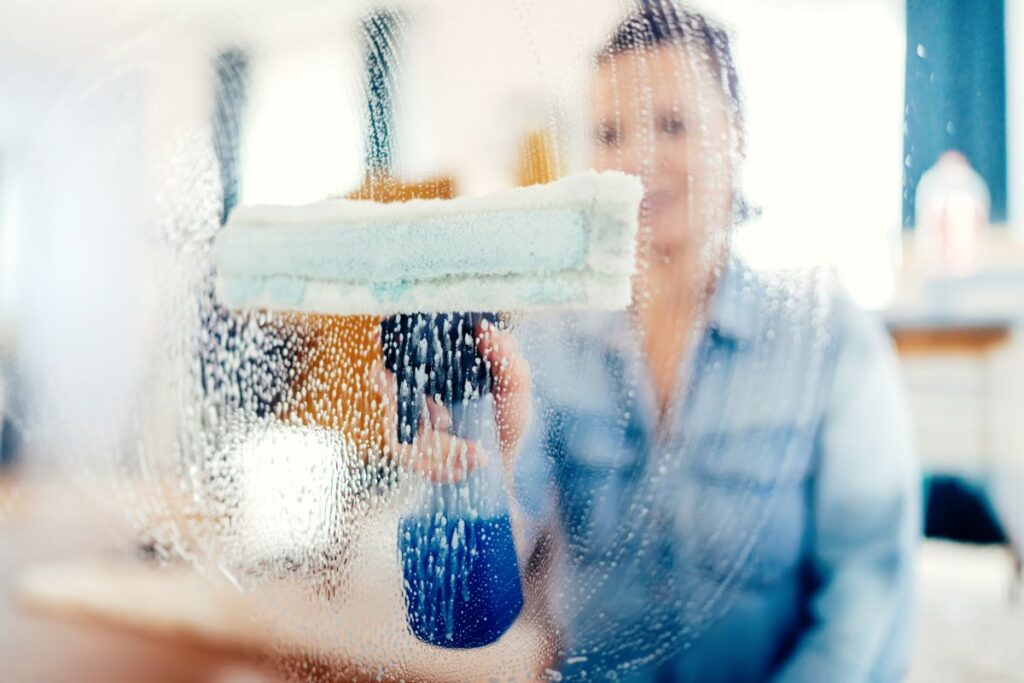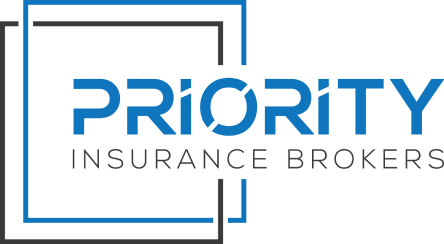Why Do Cleaners Need Insurance?
Insurance, particularly cleaners insurance, serves as a safety net for your cleaning business. It provides the much-needed financial protection against unexpected incidents that could potentially cripple your operations or drain your resources. Having an insurance policy in place not only safeguards your business but also instills confidence in your clients, showcasing your commitment to professionalism and due diligence.
In this blog, we will delve into the nuances of cleaners insurance, underscoring its importance and how it can protect your cleaning business from various risks. We will also guide you on how to choose the right insurance policy that best suits your business needs and the key features to look out for in a good insurance policy. So, let’s equip ourselves with the knowledge to make informed decisions and ensure the longevity and success of our cleaning businesses.
What is Cleaners Insurance?
Simply put, cleaners insurance is a type of business insurance specifically tailored to meet the unique needs and risks associated with running a cleaning business. Both residential and commercial cleaning companies can benefit from this kind of coverage. It provides protection against potential financial losses that could occur due to accidents, damage, theft, or legal claims while carrying out cleaning services.
The beauty of cleaners insurance lies in its versatility. Depending on the specific policy and insurer, it may comprise various types of coverage, all designed to safeguard different aspects of your business. These coverages are not one-size-fits-all—they can be customised to fit the size, scope, and specific needs of your cleaning company.
Different Types of Coverage Included in Cleaners Insurance
There are several core components typically found within a comprehensive cleaners insurance policy. Let us delve into them to understand their role in protecting your business.
Public Liability Insurance: This coverage is fundamental for any business, including cleaning services. It protects your company if you’re found legally liable for bodily injuries or property damage caused to a third party. For instance, if a cleaner accidentally breaks a client’s expensive vase while cleaning, public liability insurance would cover the cost of replacement or repair.
Commercial Auto Insurance: Commercial auto insurance covers vehicles owned by your cleaning business. It provides protection against damages and liability if an accident occurs while driving for work purposes. Let’s say a cleaning crew gets into an accident while driving to a client’s home; commercial auto insurance would cover the repair costs for the damaged vehicle and any medical expenses if injuries were sustained.
Equipment Breakdown Insurance: This coverage protects against the sudden and accidental breakdown of machinery and equipment used in your cleaning business. If a high-powered carpet cleaner breaks down unexpectedly, this insurance can help cover the cost of repair or replacement.
Remember, the specific types of coverage included in your cleaners insurance may vary depending on the insurer and your business needs. Therefore, it’s crucial to thoroughly understand each policy before making a decision.
Why Does Your Cleaning Business Need Insurance?

The cleaning business industry is replete with inherent risks that can impact your business operations. The very nature of the work, which often involves handling potentially hazardous materials and working in environments that are high-traffic or contain valuable assets, presents a broad range of potential liabilities. From accidental property damage to employee injuries, these risks could lead to financial losses or even lawsuits, which may strain your resources and threaten the survival of your business.
For instance, consider a scenario where an employee accidentally damages a customer’s expensive equipment while cleaning. Or imagine a situation where an employee slips on a wet floor and sustains a serious injury. In both instances, without the appropriate insurance coverage, you would be directly accountable for the resulting costs. These could include repair or replacement costs for damaged property, medical expenses for injured employees, or even legal fees if your business ends up being sued. These unexpected expenditures can quickly mount up and destabilise even a well-established cleaning business.
Insurance as a Protective Buffer
With such scenarios in mind, it becomes clear that insurance serves as a vital protective buffer for your cleaning business. In essence, insurance policies transfer the risk from your business to the insurance company. When a covered event occurs, instead of your company bearing the financial burden alone, the insurance company steps in to absorb the costs. This process significantly mitigates the potential fallout from any mishaps or accidents that may occur during your operations.
The right cleaners insurance policy can protect your cleaning business in multiple ways. For instance, general liability insurance can cover costs associated with third-party injuries or property damage. Workers’ compensation insurance can take care of medical expenses and lost wages for employees who get injured on the job. Additionally, a business owner’s policy (BOP) could provide protection for your business property and equipment, covering losses due to theft, fire, or other covered perils. In short, insurance serves as a safety net, ensuring your business can weather unexpected storms without capsizing.
Ultimately, insurance is not just about protection; it’s about peace of mind. Knowing that you have a robust insurance policy in place allows you to focus on the day-to-day operations of your cleaning business without constant worry about potential risks. It also fosters a sense of trust and security among your employees and customers, knowing that your business is prepared to handle unforeseen incidents responsibly.
Key Features of a Good Cleaners Insurance Policy
Stepping into the realm of cleaners insurance policy can be an overwhelming experience, thanks to the ocean of information and options available. To simplify this process, it is crucial to understand what exactly makes a good cleaners insurance policy. A well-rounded, comprehensive policy should not only cover your immediate needs but also anticipate and secure against future risks.
Firstly, a good cleaners insurance policy is characterised by its extensive coverage. It should cover a wide range of potential risks that your cleaning business might face. This includes but isn’t limited to public liability coverage, property damage coverage, and auto coverage if your business uses vehicles. Public liability coverage comes to your rescue when your business is held responsible for damages caused to a client’s property. Property damage coverage protects you against the costs incurred due to any accidental harm to your business property, including tools and equipment. If you use vehicles for your business operations, auto coverage is vital to cover any damages or accidents involving your business vehicle.
Secondly, a sound cleaners insurance policy should offer an adequate limit of liability. The limit of liability refers to the maximum amount the insurance company will pay out for a single claim or all claims during the policy period. This limit should be substantial enough to cover any potential financial liabilities that could arise from unforeseen incidents.
Apart from these, a good insurance policy should provide optional add-ons or endorsements that allow you to customise and extend your coverage. For instance, you may want to add coverage for theft, vandalism, or natural disasters, depending on your geographical location and the nature of your cleaning business.
Lastly, a noteworthy cleaners insurance policy should have a straightforward and accessible claims process. In the event of a claim, the last thing you want is to navigate through complex procedures and paperwork. Therefore, an insurance provider with a user-friendly claims process and responsive customer support is a valuable asset.
In essence, the best cleaners insurance policy for your business should offer comprehensive coverage tailored to your unique needs, provide substantial limits of liability, allow flexibility with optional add-ons, and ensure a hassle-free claims process. Remember, investing in a good insurance policy is not an expense but a strategic move to protect your cleaning business and its future.
How to Choose the Right Insurance for Your Cleaning Business
Choosing the right insurance policy for your cleaning business might seem like a daunting task, but it needn’t be. What’s crucial here is to remember that this decision can significantly impact the future of your business. With a tailored cleaners insurance policy, not only are you protecting your business, but you’re also investing in its sustainability and growth. Let’s explore some factors to consider when choosing an insurance provider and steps to take when selecting and purchasing a cleaners insurance policy.
Factors to Consider When Choosing an Insurance Provider
The first step towards securing a comprehensive cleaners insurance policy involves selecting a reliable insurance provider. There are several factors to consider here. Firstly, reputation matters. Look for insurers who have a proven track record in the cleaning industry, strong customer feedback, and high ratings on review platforms. Secondly, customer service is key. An insurer that offers prompt and effective customer support can be a lifesaver in times of crisis. Finally, look at their financial stability. You want to ensure that your insurer has the financial strength to pay out claims when required.
Steps to Take in Selecting and Purchasing a Cleaners Insurance Policy
Once you’ve shortlisted potential insurers, it’s time to delve into the details of their policies. Start by identifying your business’s specific needs. Remember, each cleaning business is unique and faces different risks. Whether you’re a solo cleaning professional or run a large cleaning company, your coverage requirements will vary accordingly.
Next, thoroughly review the coverage offered by each policy. A robust cleaners insurance policy should cover general liability, workers’ compensation, and property damage, among other things. Don’t hesitate to ask questions or seek clarification from the insurer about any aspect of their policy that you don’t understand. Transparency is vital in this process.
Price, although important, should not be the sole determining factor in your decision. Instead, weigh the cost of the policy against the scope and amount of coverage it provides. Sometimes, paying a bit more for comprehensive coverage can save you substantial amounts in case of an accident or lawsuit.
Finally, once you’ve made your decision, read every detail in the contract before signing. Be aware of what’s covered, and equally important, what’s not. Understand the claims process and ensure the premium payments fit into your business budget. With all these considerations in hand, making the right choice for your business becomes a more manageable task.
Case Study: Impact of Insurance on Cleaning Businesses

To truly comprehend the implications of not having adequate insurance in the cleaning industry, let’s delve into a case study. Imagine a scenario where a small cleaning business, let’s call it “Sparkle Clean,” is functioning successfully without cleaners insurance. The company has skilled employees, a growing client base, and a reputation for doing excellent work.
Unexpected Accidents and Financial Burden
One day, a Sparkle Clean employee accidentally breaks an expensive antique while cleaning a client’s home. Since the company does not have cleaners insurance, they are liable for covering the costs. This unexpected financial burden can significantly strain their resources and potentially jeopardise their operations.
Legal Ramifications and Reputation Damage
In another instance, a Sparkle Clean employee slips on a wet floor while working and sustains serious injuries. Without workers compensation insurance, the company could face legal action from the injured employee. This situation would not only lead to potential financial loss due to legal expenses and settlements but could also harm the company’s public image and customer relationships.
Loss of Business Opportunities
Moreover, many clients prefer hiring cleaning services that are insured, viewing it as a sign of professionalism and a safety net in case of unforeseen incidents. Without insurance, Sparkle Clean may lose out on these opportunities, limiting their potential for growth.
These scenarios paint a clear picture of the risks associated with operating a cleaning business without adequate insurance. It emphasises the crucial role insurance plays in safeguarding businesses against unexpected costs, legal issues, and reputational damage. Insurance also serves as a credibility marker, enhancing trust among clients and boosting business prospects.
In the real world, companies like Sparkle Clean exist, and these are not mere hypothetical situations. These incidents happen more often than one might think, and the financial consequences can be devastating for small businesses. It highlights the importance of having a comprehensive cleaners insurance policy as part of your risk management strategy.
The Role of Insurance in Securing Your Cleaning Business
The journey through the intricate world of cleaners insurance that we have embarked upon together in this blog post has underscored one fundamental truth – safeguarding your cleaning business with a robust insurance policy is not just good practice, but a necessity. By now, this fact should be crystal clear to you. Let’s take a brief moment to revisit why this is so crucial.
Insurance plays a pivotal role in the cleaning business industry. It serves as a protective shield, guarding your business against potential hazards that could otherwise lead to substantial financial losses. From covering damages caused by accidents during cleaning operations to providing legal defence costs in case of any lawsuits, cleaners insurance can be the lifeline that keeps your business afloat in turbulent times.
Moreover, remember that insurance isn’t a one-size-fits-all proposition. Various types of coverage are included within cleaners insurance, each designed to cater to different risks inherent in the cleaning business. Liability insurance, property insurance, workers’ compensation and many other coverages come together to form a comprehensive insurance policy that wraps your business in a cocoon of safety. This diversity in coverage ensures that your business remains secure from all angles.
Now, having understood the importance of insurance for your cleaning business, it’s time to act. Choosing the right insurance for your business should be a priority. Take into account factors such as the insurer’s reputation, the range of coverages offered, and the cost of premiums. Explore different policies, compare their offerings, and select a policy that provides maximum protection at an affordable price.
Remember, the future of your cleaning business could depend on the decisions you make today. Don’t leave anything to chance. Secure your future by securing your cleaning business with a comprehensive cleaners insurance policy.
So, what are you waiting for? Embark on your journey to protect your business today. As the saying goes, “Better safe than sorry.” With a robust cleaners insurance policy, you can ensure that your cleaning business is not just safe, but ready to thrive in any circumstance.
Frequently Asked Questions
How do I know if my insurance policy covers green upgrades?
It’s essential to look for green coverage in your insurance policy. Most standard policies don’t cover these items, so checking with your provider is important. You can also consult an insurance broker familiar with the different types of coverage available. They can provide specific information about what type of coverage is available and what green upgrades may or may not be covered.
How do I ensure that my insurance provider is reliable?
When selecting an insurance provider, it’s important to do your research. Check customer reviews and ratings to understand better what other customers have experienced with the company. Additionally, look into their financial records to ensure they are financially stable and can pay claims in full. Finally, read over the policy terms and conditions carefully to ensure that all of your needs are covered
Can I get discounts on my insurance policy?
Yes! Many insurance providers offer discounts for customers who qualify. Examples include bundling multiple policies, having a good driving record, or taking an approved safety course. Be sure to ask your provider about any discounts they may offer so you can save money on your premiums.







